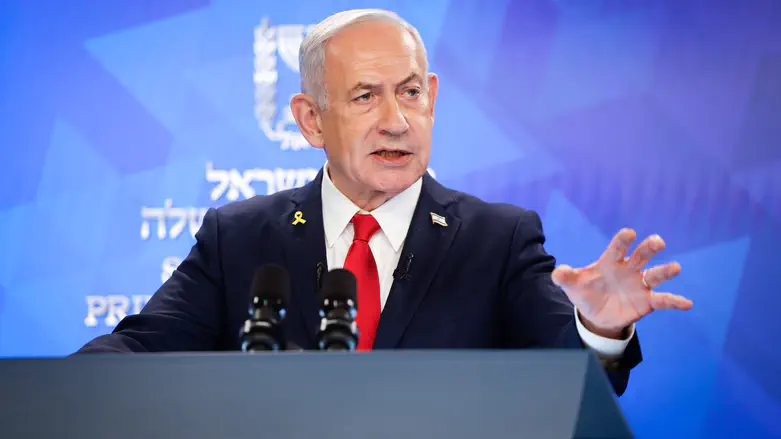Australia's decision to recognise a Palestinian state is a complex and contentious move, reflecting longstanding activism within the Labor Party and Prime Minister Anthony Albanese's personal convictions. While the announcement aligns Australia with several Western allies advocating for a two-state solution, it comes at a time when hostages remain held by Hamas and the Palestinian Authority faces significant internal challenges. The move is seen by some as filling an ideological void left by the defeat of the Indigenous Voice referendum, and it carries notable domestic political implications, particularly in Labor heartland seats with large Muslim communities.
Critics argue that recognising Palestine now risks rewarding Hamas and undermining diplomatic leverage, while supporters believe it could help create momentum for peace and reform. The decision has also exposed internal party tensions, with figures like Ed Husic and Fatima Payman previously sidelined for their pro-Palestinian stances. Ultimately, the recognition is symbolic and may signal the desired outcome for many, but questions remain about the timing, the readiness of the Palestinian Authority, and the lack of consensus among key international partners.

 image sourced from original article at
image sourced from original article at 


